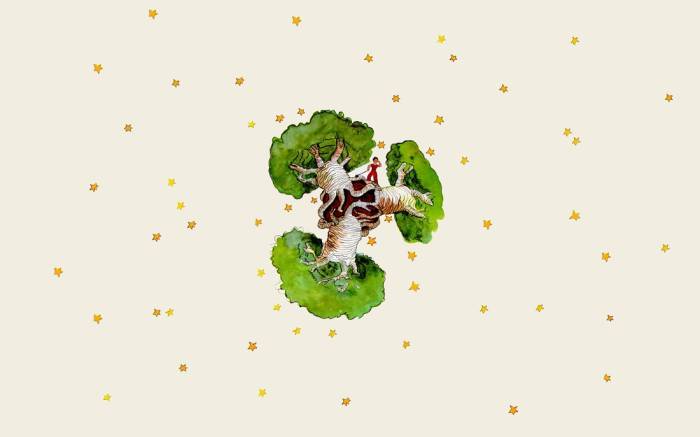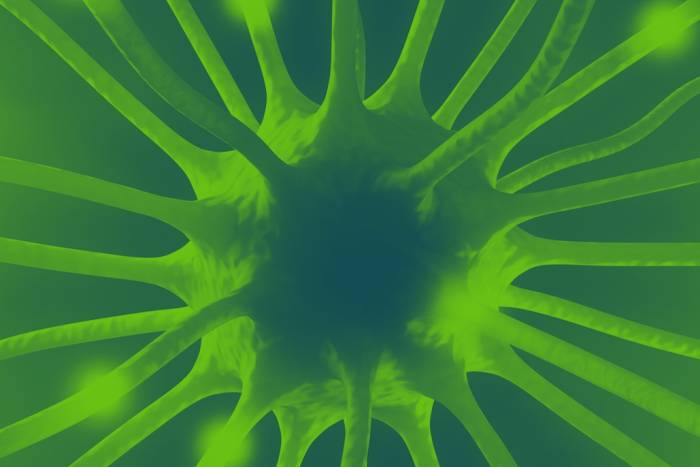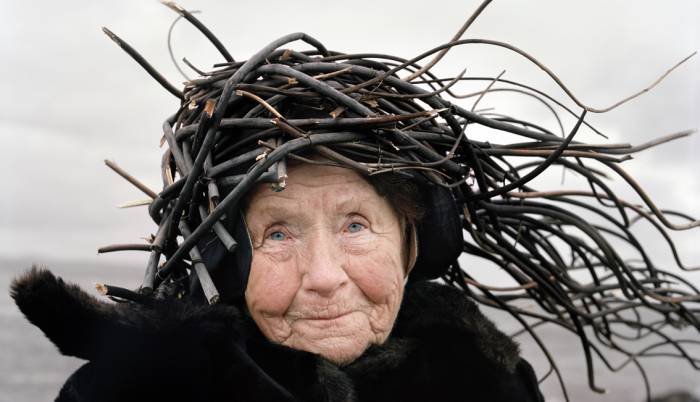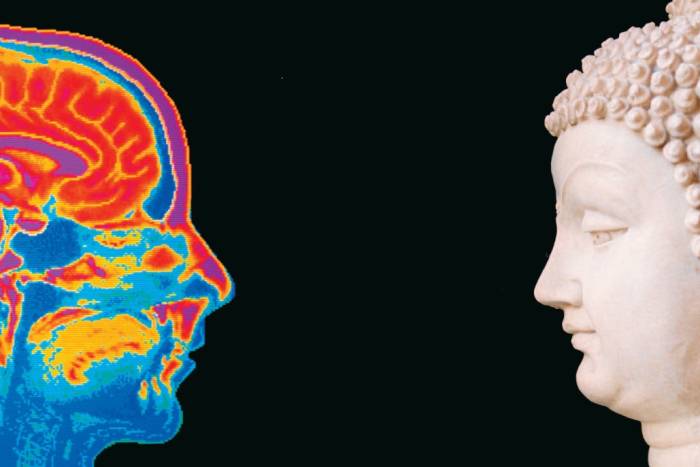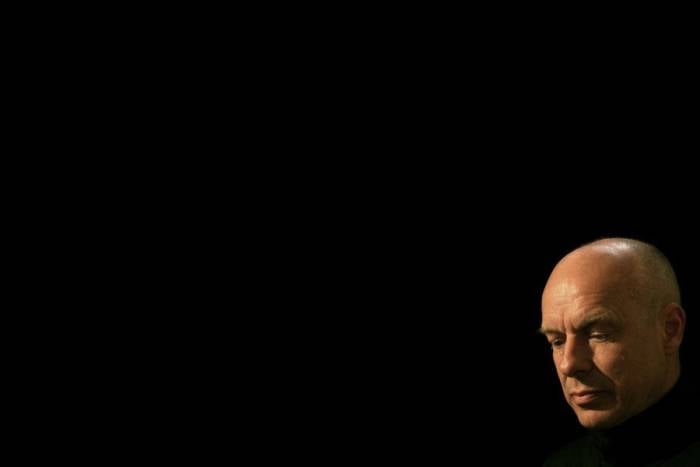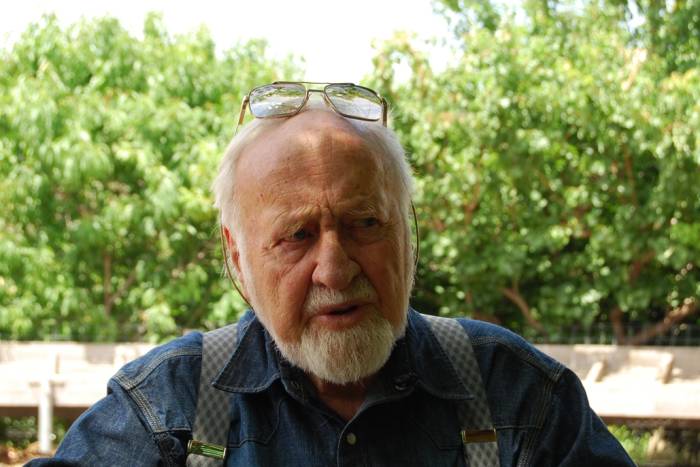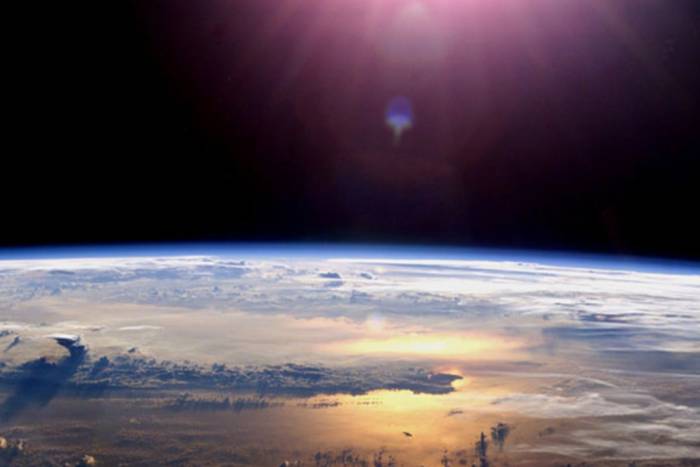Paternity; A Force Co-Creating Reality in the World
The responsibility of each parent is proportional to the beauty of exercising it.
A mother is the first bond human beings make with the universe. She’s the vehicle of irruption into the world, and the figure of the father presents some other complexities, each of them of a very different nature than those of the mother.
The ideas we have about what constitutes motherhood, or parenthood, have changed throughout history. These ideas have served various purposes, and continue to change in a constant process of transformation.
In matriarchal, tribal societies, the figure of the father might be shared or delegated according to the role that men might play in the lives of the young. Similarly, when a mother is missing, the community welcomes the children and provides them a place.
The modern view of the nuclear family—with a core constituted by the triad mother, father, and child—was born from the economic need, as distinguishing paternity becomes necessary only when the inheritance, or the imminent division, of private property, is at stake. The surname, rather than the perpetuation of a genealogy, seeks from the outset to function as a legal amulet meant to legitimize the transmission of assets accumulated by the father.
Beyond the economic question, our belief systems determine types of paternity and maternity that are exercised. Judeo-Christian culture is a patriarchal culture because it places the absolute authority of the theological order on the supreme figure of the father god, the Jewish YHWH, who becomes a merciful father in the New Testament. The culture also highlights the role of Joseph, the father of Jesus, to strengthen the archetype of the father as provider and head of the family, even among the poorest.
For the Greeks, the paternal gods are a latent threat from the beginning of time, and one which must be appeased or fought. Cronos the Titan dethrones his father Uranus (the sky) by castrating him and then devouring his own children, Rhea, Hades, and Poseidon. Finally, he’s himself dethroned by his cunning son Zeus. The Greek gods are not “model parents” like those we see in today’s advertising. They’re jealous of their children, and they have open preferences for some over others.
In Greek literature, there can be exceptions to this fact. One of the earliest treatises on ethics, Aristotle’s Nicomachean Ethics has been read for centuries as a sobering speech from parents to children about virtue, happiness, and immortality (even though Aristotle’s real nexus with Nicomachus is still disputed even to this day). This seems to constitute the role of the father, even beyond that of provider: being a kind of example, or mirror of the future, and to provide a model of behavior for the next generation.
If we accept the validity of this premise, we can think that in reality all men and women are fathers and mothers (voluntarily or not) of the children who live near us: it’s our actions rather than our words that show them how the world works, how to develop within it, and how do we deal with anguish and fear. In this sense, we all have a very specific responsibility to the future of society through models of upbringing that take the psycho-affective needs of any child out of the small bubble of the family nucleus, and so that everyone can learn from everyone else.
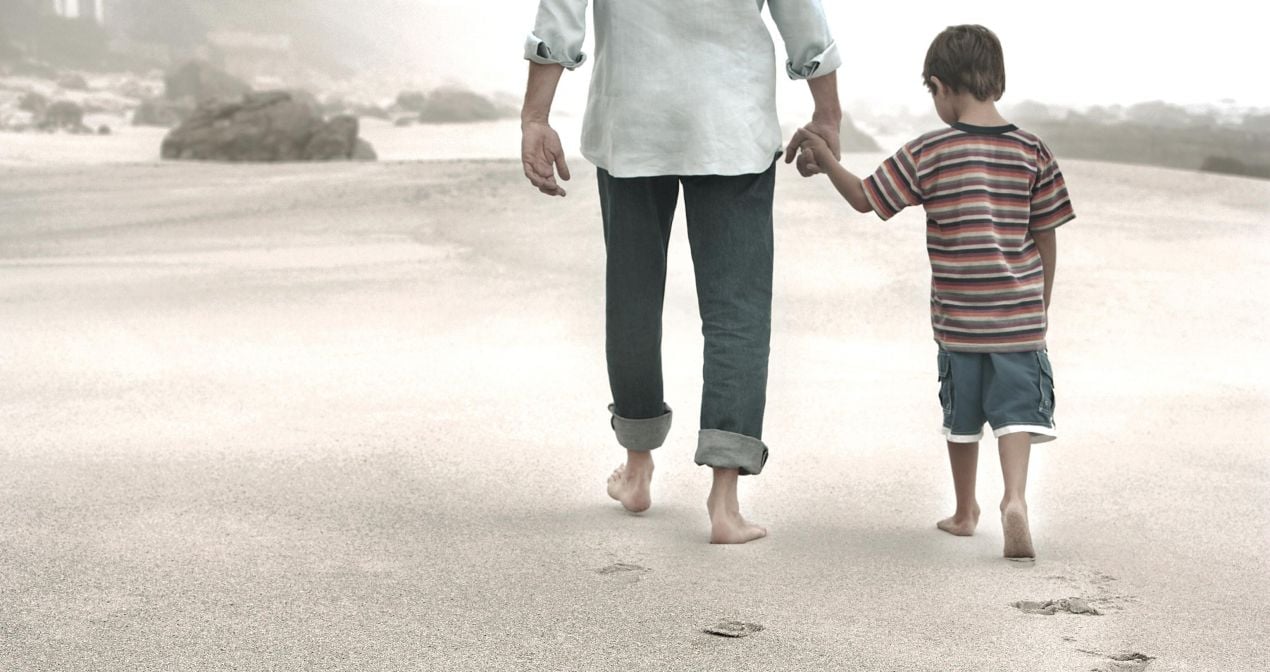
Related Articles
Why shrinking the size of life is synonymous of well-being
One of the great misunderstandings regarding modern spirituality is that to achieve it requires many things: readings, food, exercise, travel, groups and techniques. But perhaps it should be suggested
What is energy medicine yoga?
Energy Medicine Yoga (EMYoga) is slightly different from other types of Yoga, but it provides the same benefits in addition to a few very specific ones. One of them is that it gives you much more in
Red tea, the best antioxidant beverage on earth
Red tea is considered to be the most unusual of teas because it implies a consistently different preparation process. ––It is believed that its finding came upon surprisingly when traditional green
Is the internet on the verge of self-awareness?
More than 50 years ago, Marshall McLuhan described technology as an extension of our brains, constantly mutating and branching out. “These new media have made our world into a single unit,” the
How art can help us to age, healthy
Perhaps many of us already well know the formula for aging in health and wellness. A balanced diet and, as much as possible, one that’s natural. Keep our brains active and stimulated. Preserve and
Earthanima: documenting the living language of nature
The basic intuition that the Earth is alive and that nature has a language through which it communicates with us is what prompted this wood-art project named Earthanima. For the past couple of years
Dialogue with the Dalai Lama on science and spirituality
The Dalai Lama has been interested in science since he was a child. Over the years he’s visited many laboratories and has attended conferences that discuss consciousness from the scientific point of
Brian Eno's literary recommendations to rebuild society
Artists and authors often get asked what books or records they’d take with them to a deserted island. On principle, this is naturally an extreme anthology: urgency and tragedy guide its selection. It
Bill Mollison, natural ideologue and father of permaculture
Permaculture has established itself as a path towards communitarianism, but one that is in full symbiosis with nature. In practice, it is more than just a combination of agriculture, horticulture
A New Year's resolution for the earth
Worrisome quantities of waste are generated by human populations. Especially in cities, these have reached unprecedented and alarming levels. A largely uncontrolled practice, it affects everything on

